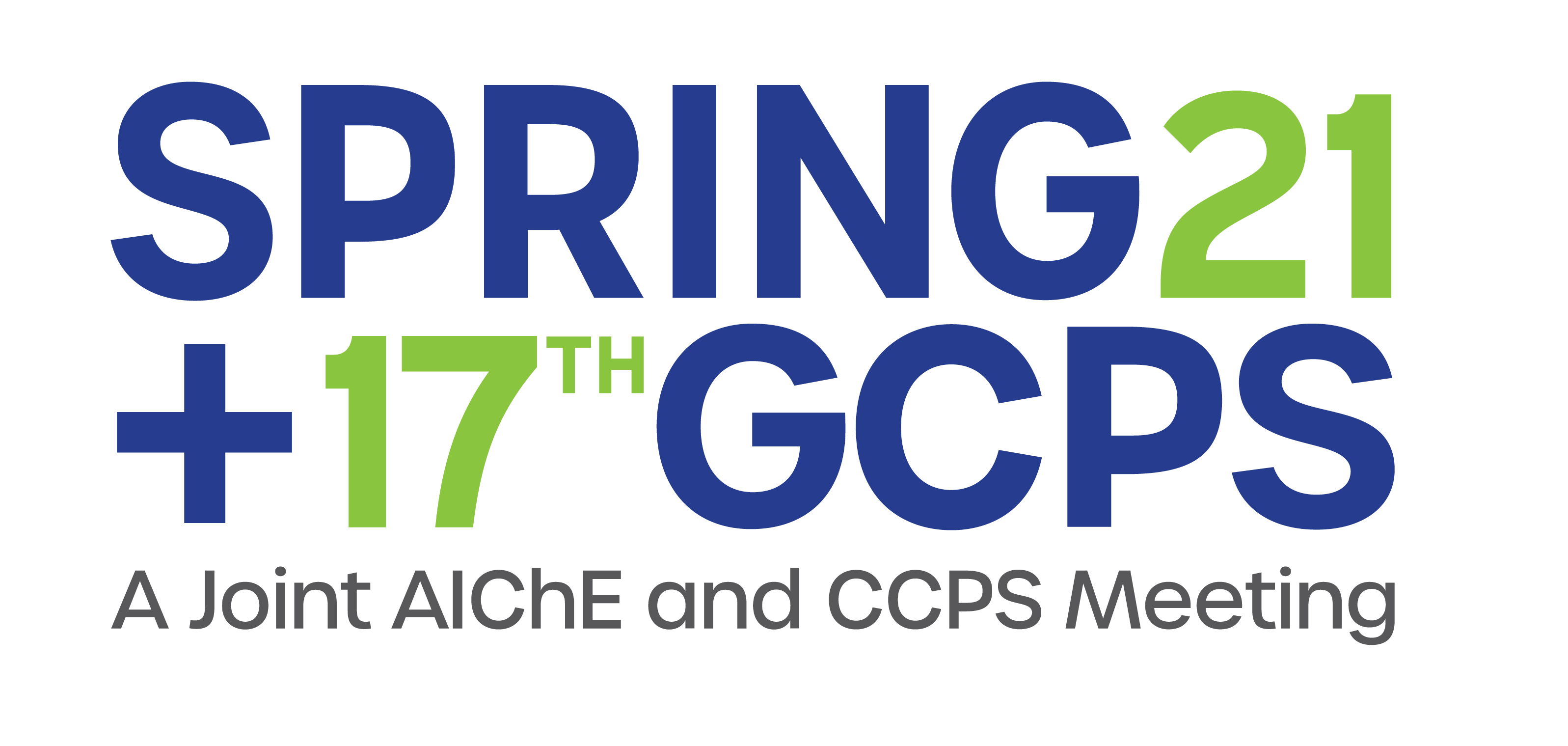

A recent case study on the control of hydrocarbon contaminants in a quench water unit was conducted at a large ethylene producer in the southern United States. From that study, this paper provides an overview of the challenges faced by operations and maintenance in controlling contamination in quench water units and the impact on the reliability of critical equipment. It goes through the discovery and assessment of problems which lead to reduced run time, along with inefficient removal of hydrocarbons and other contaminants. The nature of such contaminants depends on the type of feedstock cracked and other upstream conditions. The technology behind filtration and the science behind coalescing are discussed as an effective approach to achieve consistent outlet quench water quality that significantly reduces the emulsified hydrocarbons and minimizes the formation of undesired polymerized products, which can cause the reliability challenges discussed in this paper.
Presenter(s)
Once the content has been viewed and you have attested to it, you will be able to download and print a certificate for PDH credits.
If you have already viewed this content,
please click here
to login.
Language
Pricing
Individuals
| AIChE Member Credits | 0.5 |
| AIChE Pro Members | $19.00 |
| Fuels and Petrochemicals Division Members | Free |
| AIChE Graduate Student Members | Free |
| AIChE Undergraduate Student Members | Free |
| AIChE Explorer Members | $29.00 |
| Non-Members | $29.00 |
